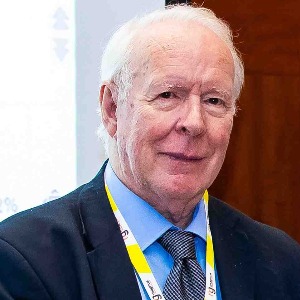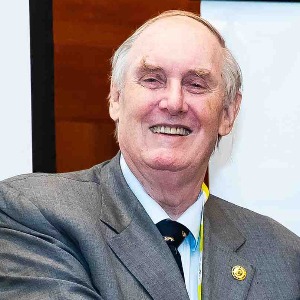Root canal
Root canal therapy is a common dental procedure that is used to treat serious dental infections. The purpose of the procedure is to remove infected and/or damaged tissue from the inside of the tooth, known as the root canal, and to restore the tooth to its original healthy state. In some cases, the root canal may also be used to prevent further damage to the tooth. Root canal therapy is performed under local anesthesia. During the procedure, the dentist will access the inside of the tooth by drilling a small hole in the top of the tooth. Once the hole is made, the dentist will carefully remove any damaged or infected tissue, as well as any debris or bacteria that may be present. The dentist will then use small files and other instruments to prepare the root canal for filling. Once the root canal is cleaned and prepared, the dentist will use a special sealant to fill the canal and restore the tooth to its original shape. The filling material is usually a combination of rubber-like material and a paste-like material. Once the filling is complete, the dentist will place a dental crown on top of the tooth to protect it from further damage. Root canal therapy is generally successful in restoring the health of the tooth. In some cases, however, the tooth may require additional treatments, such as a root canal retreatment, or even extraction. If the infection has spread to other areas of the mouth, the dentist may also recommend antibiotics to help treat the infection. Root canal therapy is an effective way to restore a damaged or infected tooth to its original healthy state. If you experience any pain or sensitivity, contact your dentist to determine if root canal therapy is the best option for your dental needs.

David Geoffrey Gillam
Queen Mary University of London, United Kingdom
Christopher Turner
Spacemark Dental, United Kingdom




Title : Evaluating hygienist follow up for head and neck oncology patients in secondary care: Results from a two cycle audit
Peter Basta, Newcastle Dental Hospital, United Kingdom
Title : Atypical facial pain unravelled
Christopher Turner, Spacemark Dental, United Kingdom
Title : New treatment of temporomandibular disorder through muscle balance and muscle regeneration by activation of quiescent muscle stem cells( satellite cells) with mitochondrial dynamics
Ki Ji Lee, National Reserach Foundation & Busan Medical University, Korea, Republic of
Title : MRONJ and ORN: Referral or management in primary care? Navigating guidelines in the context of long waiting lists
Alisha Sagar, NHS England, United Kingdom
Title : Managing the unexpected: An Insight into supernumerary teeth
Bahar Gharooni Dowrani, Guy's and St Thomas' NHS Foundation Trust, United Kingdom
Title : Laxative prescribing for post operative head and neck cancer patients at Derriford Hospital
Pui Sze Kylie Li, Cardiff and Vale University Health Board, United Kingdom